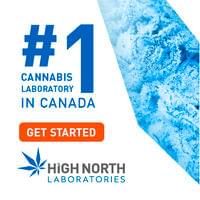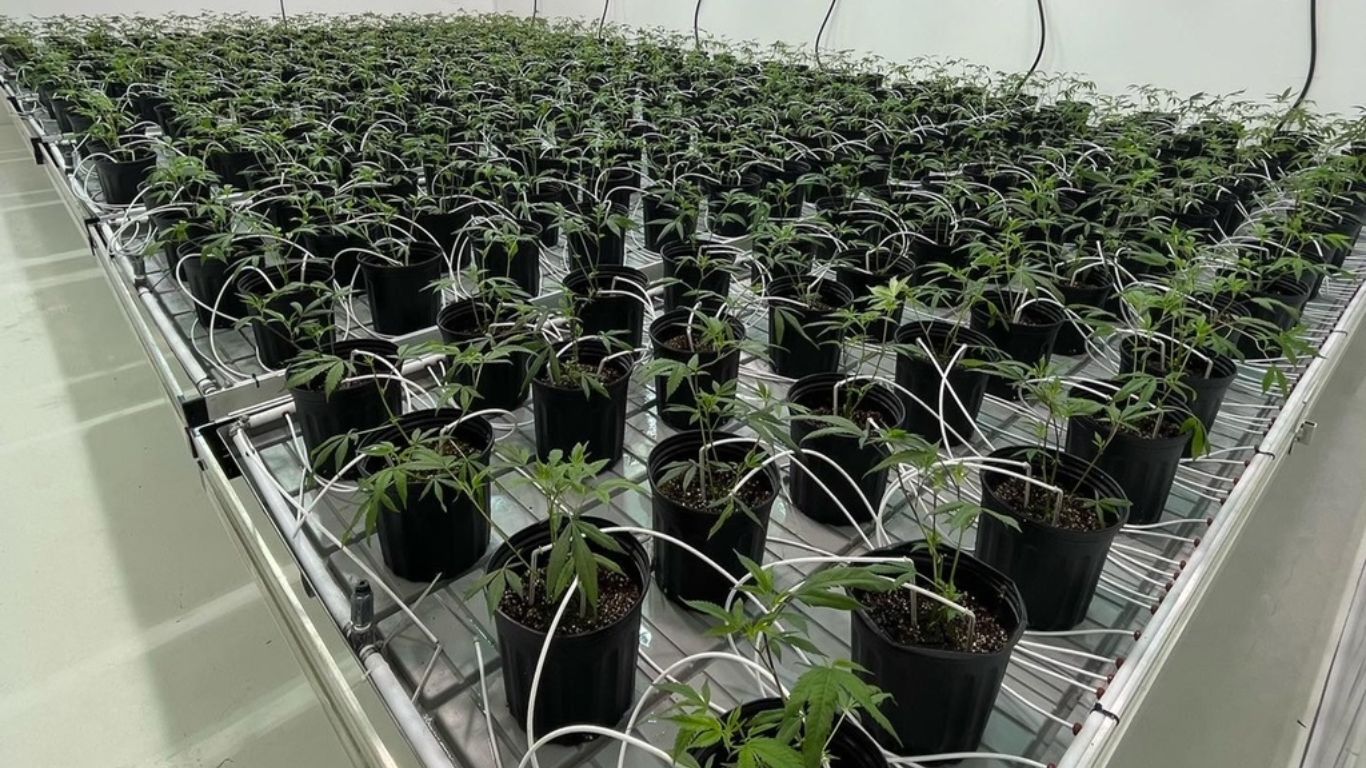
More producers of cannabis-infused lozenges have released comments noting they will be adhering to a Health Canada notice to cease sale and distribution of these products.
In the past few days, Organigram and now Indiva have released official comments on the ongoing issue with so-called edible extracts products, noting they have paused production in adherence with Health Canada’s guidance on the issue.
A representative with Aurora Cannabis now confirms that they, too, will cease production of their own so-called edible extract product Glitches.
A Health Canada notice to companies making those products that exceed the 10mg THC limit for edibles have until May 31, 2023, to cease selling and distributing those products.
Both companies still maintain that such products are not actually edibles, but are instead extracts.
Organigram, which has been selling their Edison Jolts products, cannabis-infused lozenges that are sold in packaging exceeding 10mg THC, states: “The company remains of the view that the patent-pending products are properly classified as cannabis extracts and compliant with the cannabis regulations, and is assessing its options with its legal advisors. At present, the company has paused production of the products in the current packaging format, pending resolution of the matter.”
Note: A representative for Organigram insists that Organigram does not compete in the so-called “edible extracts” category and only produce “ingestible extracts”.
Indiva, which sells a similar product in 100 mg, 250 mg and 500 mg THC per package formats, provided a similar comment.
“Prior to the launch of the products, the company closely considered the regulatory requirements of the legislation, including with respect to product classification, and conducted substantial research. Consistent with the legislative requirements and the company’s research, the company classified the products as cannabis extracts. Currently, the company has paused production of the products as it consults with its advisors and considers next steps and a potential resolution of this matter. The company may choose to continue manufacturing the products in alternative packaging formats.”
Health Canada issued a public warning about these products on March 3.
“Some edible cannabis products were found to contain more than the allowable limit of 10 mg of THC per package,” notes the press release. “These non-compliant products in product formats similar to gummies and other confectionery products, such as hard candy, have been incorrectly marketed and sold as cannabis extracts.”
The federal health authority also issued a new online document providing clarity on the issue of the classification of edible cannabis. The document, in part, notes that a cannabis edible is defined as any article manufactured, sold, or represented for use as food or drink for human beings, chewing gum, or any ingredient that may be mixed with food for any purpose.
“Licence holders should verify if their cannabis products are classified correctly. Licence holders are encouraged to review the definitions of, and requirements for, cannabis and cannabis products in the Guide on composition requirements for cannabis products and Packaging and labelling guide for cannabis products.”
In an email to StratCann on Monday, March 6, a representative for the federal health authority confirmed they are sending out notices to companies making these “non-compliant” products.
“Federal licence holders that have non-compliant edible cannabis products have or will receive a Non-Compliance Determination Letter. This letter indicates the actions and the associated timelines that licence holders are expected to take to come back to compliance. Provincial and territorial distributors have been and will continue to be made aware in order to adjust their operations accordingly.”
Health Canada initially issued warnings to at least some producers or manufacturers of so-called “edible extracts” in January, warning them they were not compliant with federal regulations. One producer, Vortex Cannabis, confirmed they received an order from Health Canada to stop sales of their Full Spectrum THC Jelly Cubes due to these being inaccurately classified as extracts rather than edibles.
The Vortex Jelly Cubes came in 10mg THC squares that were sold with multiple units per pack.
Several other companies make similar products, including Indiva, Organigram, Loosh Brands, and Aurora Cannabis.
A representative for Aurora now confirms that they will also be adhering to Health Canada’s deadline to cease production.
“We confirm we have received a letter from Health Canada regarding the extracts category and our Glitches product,” writes Kate Hillyar, senior manager of corporate communications at Aurora Cannabis.
“After careful review, we are making the necessary adjustments to our portfolio and phasing out our Glitches product in its current format by the required deadline. No other products have been impacted. While we disagree with Health Canada’s assessment of the extracts category, we are committed to compliance.
“We firmly believe that the legal cannabis market needs novel approaches to continue to appeal to Canadian consumers, especially since the illicit market operates pervasively without rules or oversight, posing risks to public health, all while evading taxation. Changes in legal interpretation, such as this one on cannabis extracts, practically push consumers back to the illicit market. Canadian consumers expect leading-edge products and Aurora will continue to offer high quality and innovative cannabis products to support the growth of the legal market, as we have always done.”
Ilya Serebryany, the founder and CEO of Loosh Brands, which produces the “A-Ha!” brand extract lozenges, acknowledged the statement of these various publicly-traded companies but offers no details on how Loosh will be handling the issue.
“It is a core pillar of our business to work closely with Health Canada to create positive developments and outcomes for Canadian cannabis consumers and medical patients looking for standardized and regulated products and alternative modes of consumption,” Serebryany tells StratCann via email.
“We have seen the public disclosures of companies such as Aurora, Indiva and Organigram and wish them well in their particular discussions with Health Canada regarding their specific products. As a private company Loosh does not comment on such matters. We look forward to continuing to offer Canadians unique and innovative products in lasting compliance with applicable regulations.”
Health Canada limits edible cannabis products to a THC content of no more than 10mg per package. Cannabis producers were arguing that the products in question were in fact “extracts” and not edibles—an interpretation the federal regulator now confirms they do not agree with.
Editor’s note: This article has been updated to include new comments from Aurora Cannabis March 14, as well as comments from Loosh on March 16.












